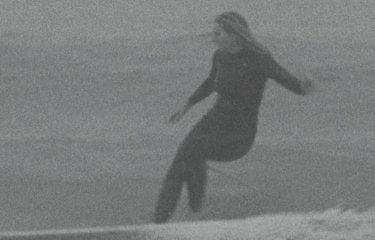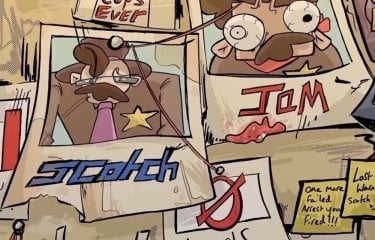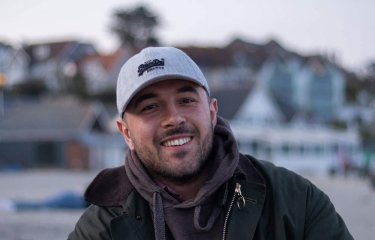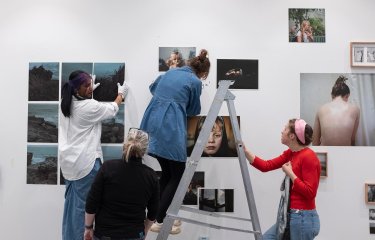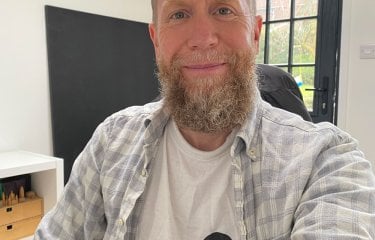Pushing through your creative comfort zone: An interview with Jesse Alexander
29 May 2024
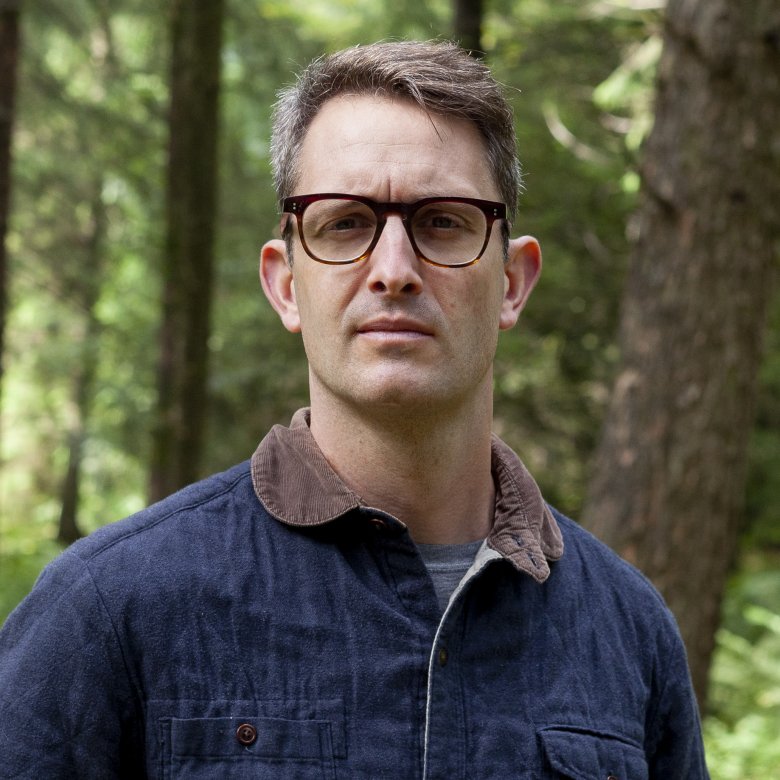
Jesse Alexander is a photographer, writer, editor and educator. With an abundance of experience across commercial and editorial projects, as well as specialisms in interior, architectural and landscape photography, he leads Falmouth’s online master’s degree in Photography – a course which has garnered a global community of practitioners. We chatted to Jesse about his rich industry experience, his dedication to online learning and his faith in the future of photography.
When did you first realise you were interested in photography?
I was always interested in drawing and making things, and I used photographs to paint and draw from for as long as I can remember. When I was studying A-level art, a friend showed me how to develop film and make prints in a darkroom. That in itself was a pretty transformative experience, but the real revelation was that I saw more expression in my (very rudimentary!) photographs themselves, rather than in my ‘artistic’ interpretation of them.
You completed your own master’s studies in 2008 – what was the most valuable thing you took from the experience?
Confidence to go - creatively speaking - wherever I wanted to, but with an appreciation of how important it is to understand your subject to the very best of your abilities. And also that this knowledge is critical to being able to represent your subjects with authenticity and credibility.
Having worked across many areas of professional photography, as well as freelancing and in the television industry, has there been a project that’s been particularly rewarding to be part of?
This is difficult to answer but, perhaps oddly, I’d say that I really enjoyed freelance assisting commercial photographers when I finished my BA. It was fun to be part of a team working all over the country from one job to the next, but without the stress and pressure of being the point where the ‘buck stops’! It was just what I needed in my twenties, and I really appreciated seeing the discipline required to make a shoot come to fruition. I also honed my technical skills through often mundane tasks, which was valuable.
What has been the most surprising thing about leading Falmouth’s online community of photographers?
Having worked in online and distance learning since 2007, I was acutely aware of how important to students’ success having a supportive community of practice would be. We have put a lot of work into making that happen of course, but I am (pleasantly) surprised at how keen new students are to engage in the collaborative aspects of the course, to get involved, share their experiences, and to be open and vulnerable, too. It is a tremendous source of energy for the programme and makes it very dynamic.
Why do you think people should study photography to master’s level?
There are certainly transferable skills – particularly analytical skills – acquired through any master’s programme that are vital to succeed in more challenging professional roles, which are widely regarded as crucial to our future workforce needs. But career progression aside, developing your critical acuity simply makes you more capable of engaging positively with all aspects of society and culture. I think it’s exciting to have the opportunity to immerse yourself in your practice for (in our context) two years and figure out what you really want to make work about and do with your photography – what you want it to contribute to the world.
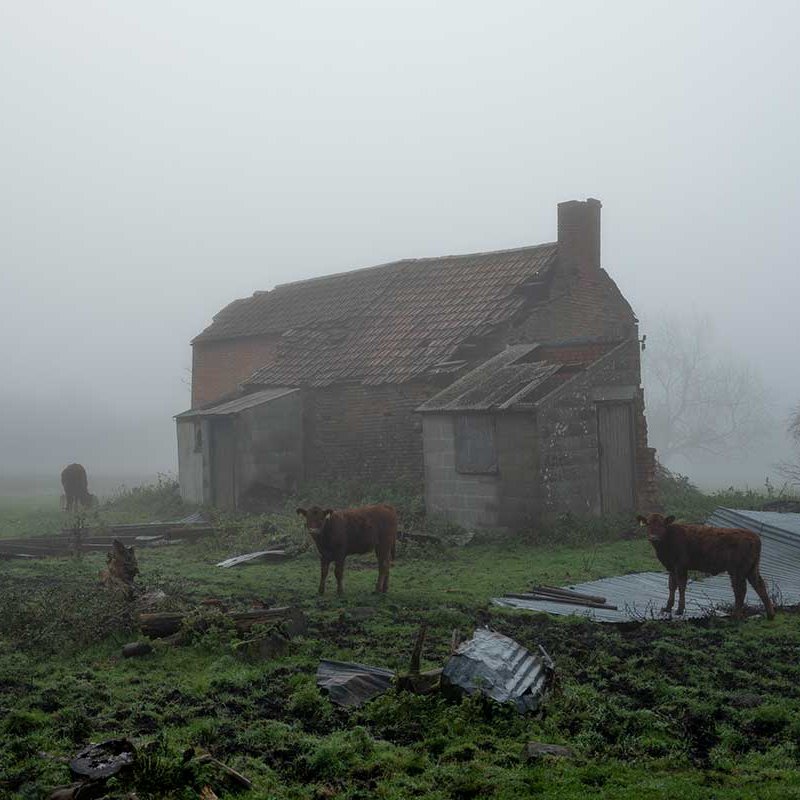
Wallway Farm, Westhay, Somerset (from the series ‘The Digging Season’ 2023)
Someone should do a master's if they really want to push their practice – and themselves – well beyond their creative comfort zone. There are of course various other ways of progressing one's photography, but the intensity, discipline, rigor and community offered by a programme such as ours can help someone transform their practice, and their outlook on the medium, in a relatively short space of time.
What do you think the future of photography will look like?
Well, if you believe the click-bait and tabloids, the future of photography is bleak. If photography isn’t being blamed for killing-off something, then its own existence is being questioned! It is hard to avoid slipping into cliches like ‘these are really challenging times for photography’, but the reality is that photography has been at the forefront of how people choose to represent things since the mid-nineteenth century.
Who knows how we will be using photography in the near, let alone distant, future but I have no doubt that photographic imaging will continue to be as central to all our lives as it is today. And I am optimistic that it will, on the whole, continue to be used as a force for good – for facilitating social change, fostering self-awareness, empowering and giving voice to those who are under-represented or disenfranchised – as well of course as being a source of great pleasure.
